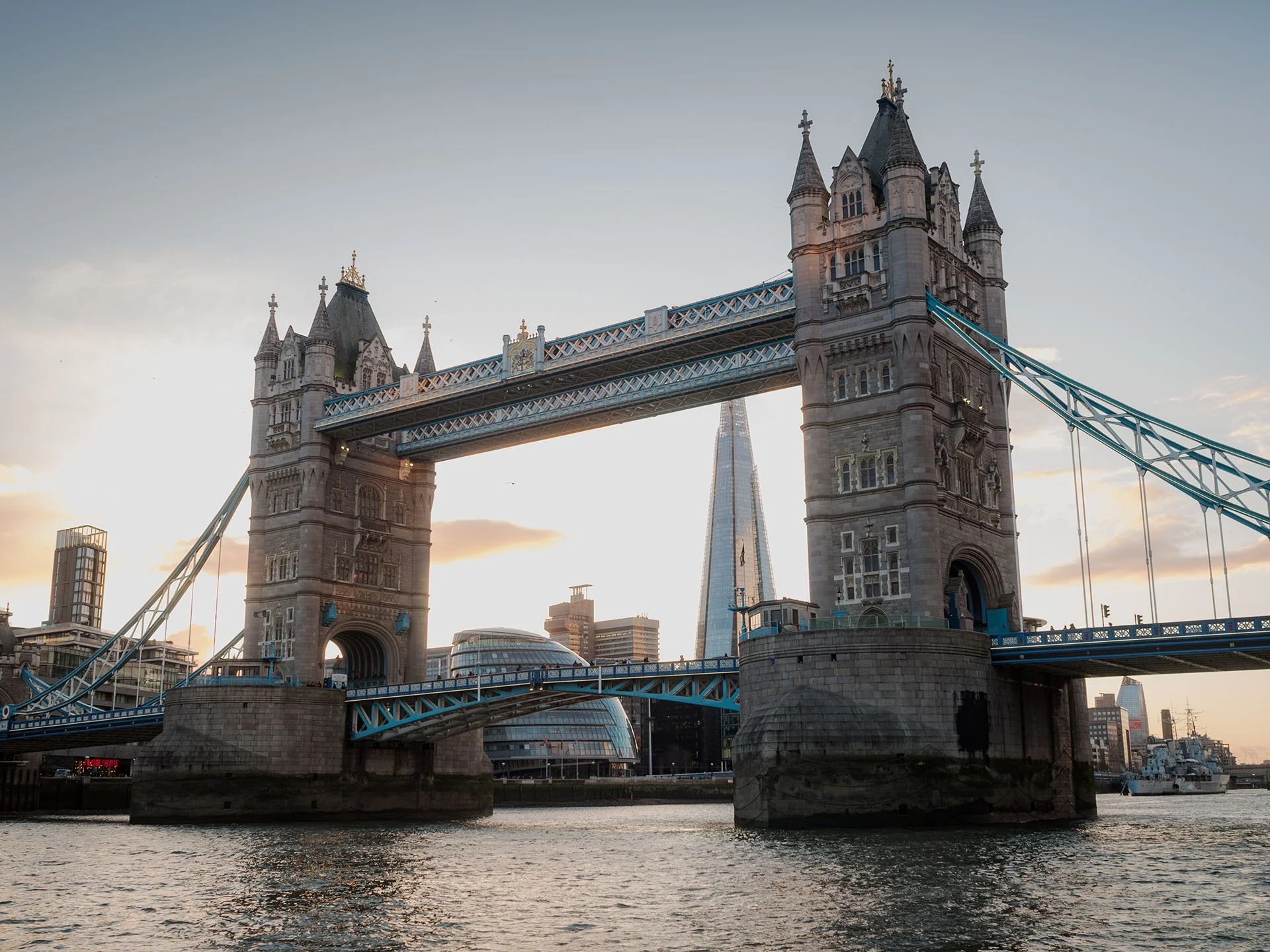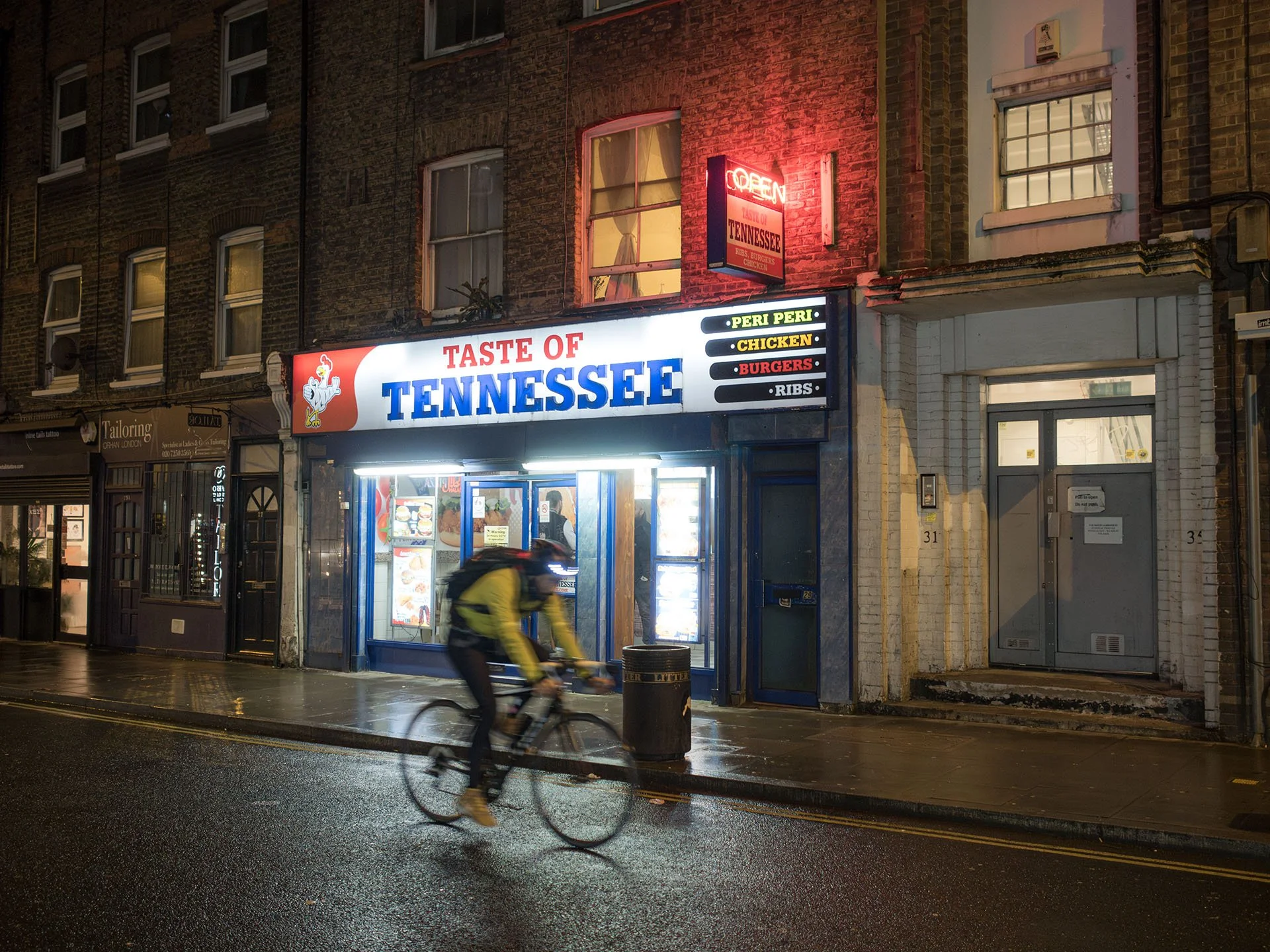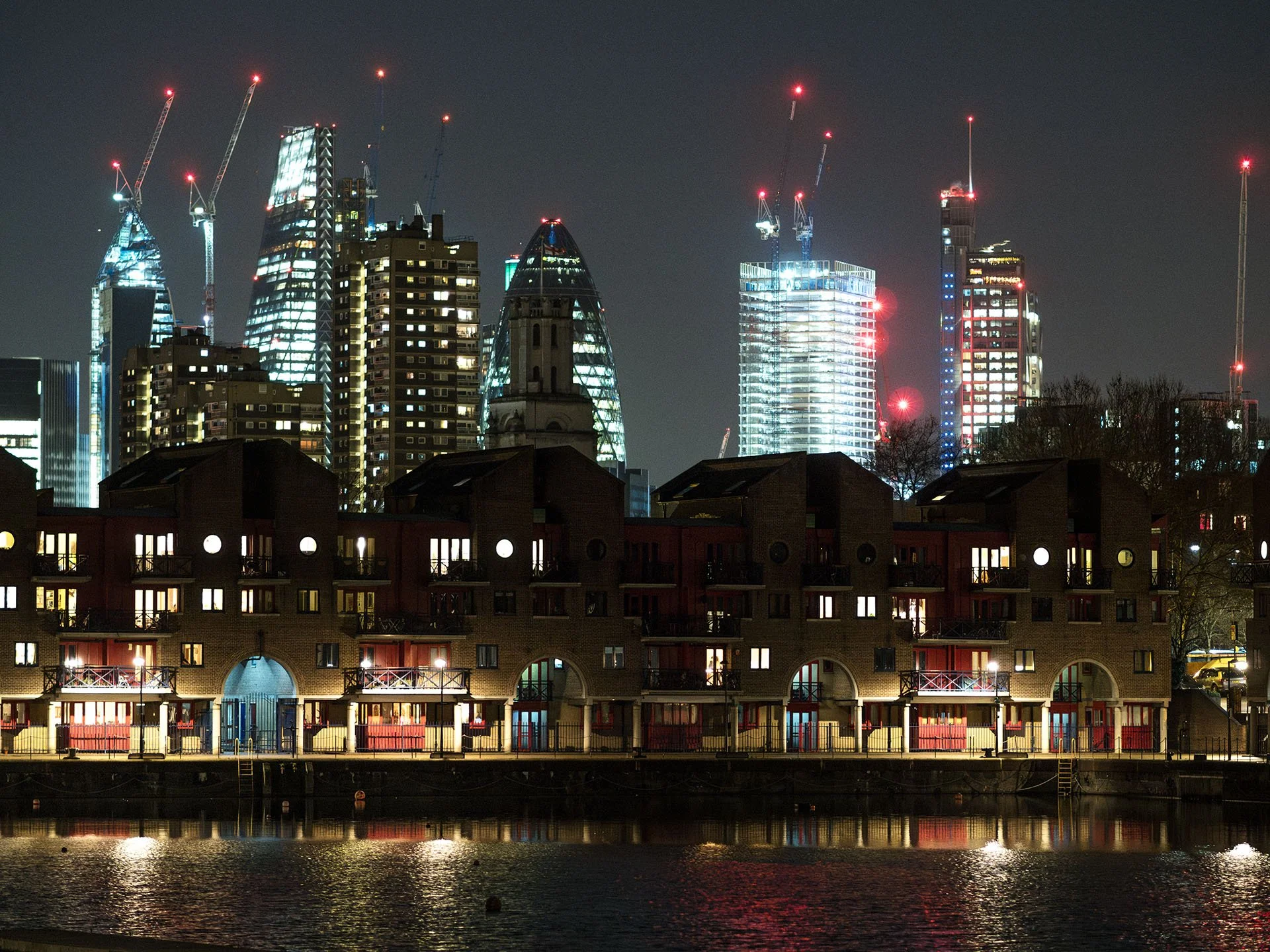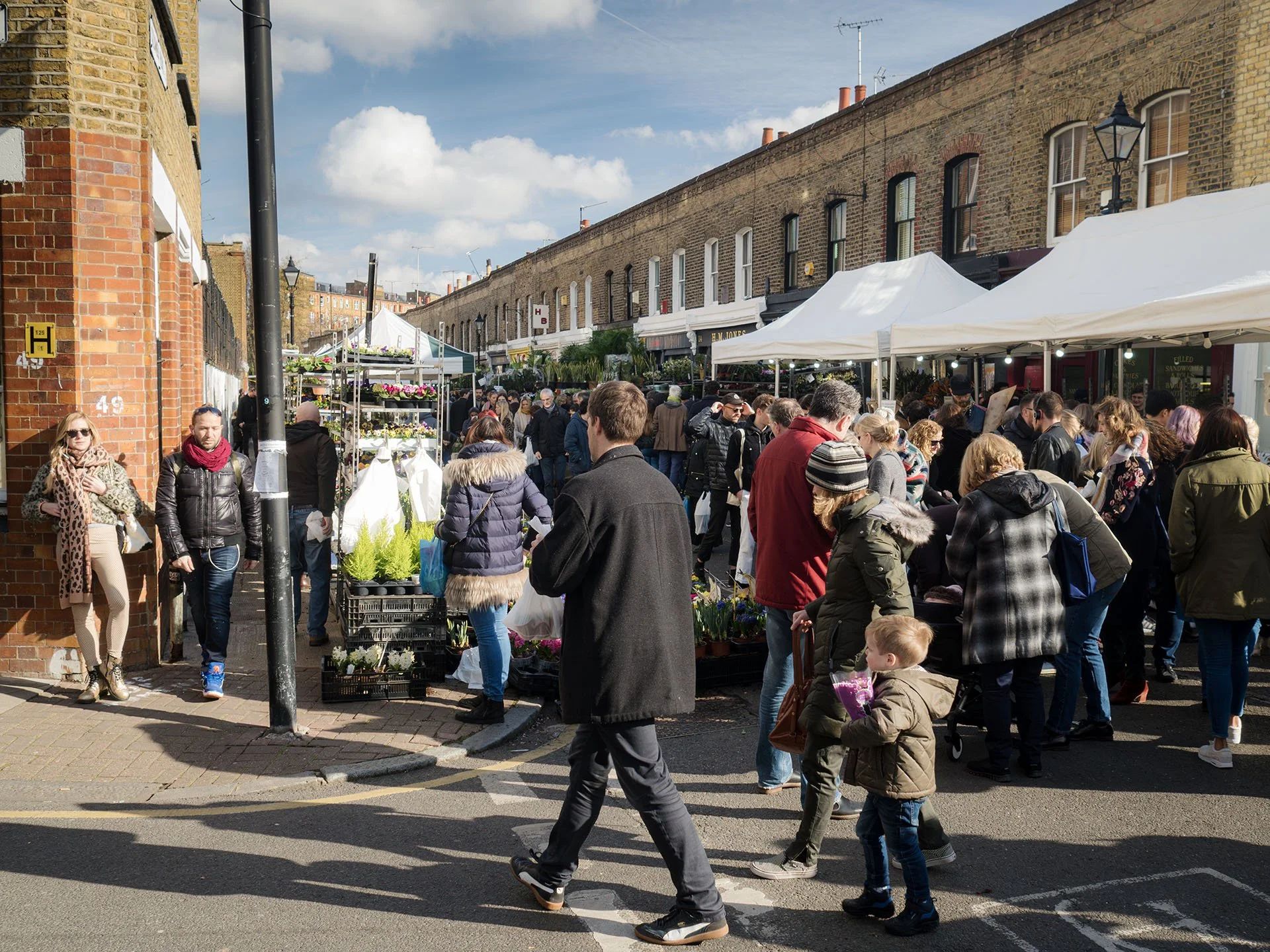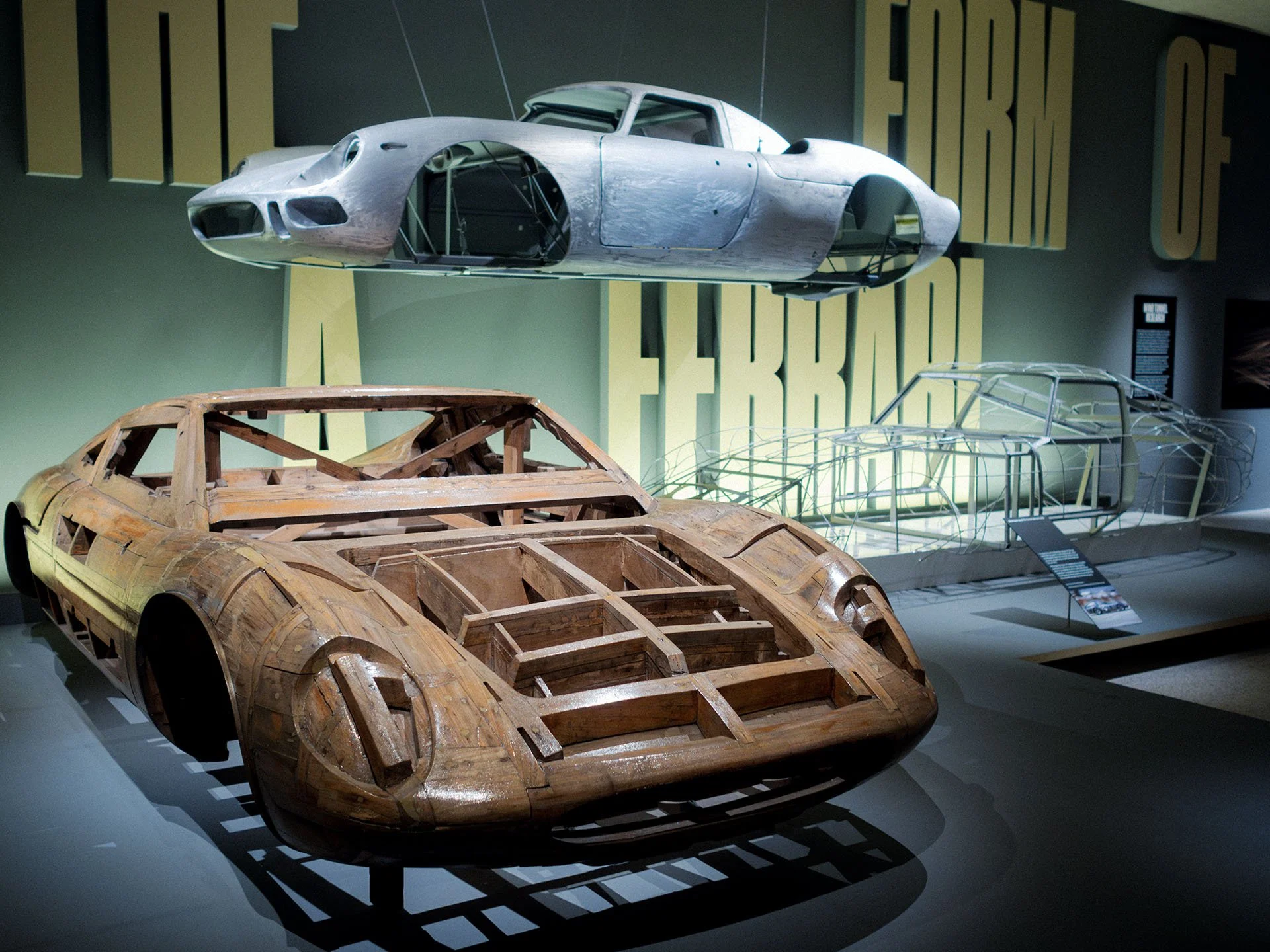London On A Dime
In early 2018, I flew solo to London to execute a strategic infrastructure project for my streaming tech company. By managing it myself, I saved my employer over $30,000 and countless hours of development time. While the financial impact was significant, what stands out now is that it was my first time leaving the U.S. and experiencing the world as a foreigner.
What began as a cost-saving initiative quickly turned into a personal journey. Handling everything from logistics to project execution in a new city taught me lessons in adaptability and resourcefulness. Traveling alone for work wasn’t just about completing a task; it broadened my understanding of business in different cultures and boosted my confidence in navigating unfamiliar challenges. This trip marked the beginning of a new perspective on both my career and the world around me.
After a grueling ten-hour flight that took me across the entirety of the U.S. and over the Atlantic, I landed in a blustery, cold London. The weather hit me like a slap in the face as I stepped out of the airport, a sharp contrast to the warmth I had left behind. Shouldering an oversized duffel bag and pulling a roller case filled with tools, I made my way through the city's chaotic streets. The cobblestones beneath my feet were worn and uneven, the remnants of Victorian-era architecture clashing with the litter of modern-day life—chicken sandwich wrappers and other forgotten debris scattered in the gutters.
There was an indifference to the hustle of life in London that felt almost palpable. It reminded me of New York, but with a certain edge, a lack of warmth that made it feel less inviting. As I trudged through the streets, lugging my gear and fighting the wind, I had a moment of clarity. I paused in the middle of the street, surveying my surroundings, and the weight of the situation hit me. This was no simple task; it wasn’t the neatly packaged work trip I had imagined. I was in a foreign city, alone, facing an unfamiliar challenge far more complex than I had expected. For a moment, I wondered what exactly I’d gotten myself into. Would I be able to pull it off? Would I find my way in this cold, distant place? The uncertainty of it all was overwhelming, but there was no turning back now.
Despite my best efforts, things quickly started falling apart. I got lost more times than I care to admit while riding the Tube. The city’s vastness, combined with my own disorientation, made me feel more like an outsider than I’d ever anticipated. I had bought a pre-paid SIM card in hopes of staying connected, but no matter how many times I tried, I couldn’t get it to work. My iPhone, which I relied on for maps and communication, felt useless in this foreign city.
The flat I was staying in didn’t help matters. It was cold, lonely, and felt like a far cry from the comfort of home. The walls were paper-thin, and I could hear every sound from the street below. The single radiator in the room seemed to serve only as a cruel reminder of how little warmth there was, both literally and figuratively. To make things worse, the flat had a washing machine but no dryer, meaning I had to hang my clothes to dry in the chill of the flat, which never seemed to quite get warm enough.
Every day felt like a series of small, frustrating battles. I was trying to get used to a new environment, solve technical challenges, and navigate a city I didn’t know—all while trying to accomplish a job that had to be done. The pressure was mounting, and each setback seemed to make everything more difficult. I could feel the weight of everything pressing down on me, and there were moments when I questioned whether I could pull it off. It was in these dark moments, when nothing seemed to be going right, that I realized how out of my depth I truly felt.
I managed to finish the first half of the work in record time, but it came at a steep price. By the end of the first week, the physical toll was unbearable. My head ached constantly, and dizziness made every movement feel like a struggle. Sleep became a distant memory—I could barely manage an hour before waking up in a cold sweat, restless and exhausted. The pressure of the job, the stress of being in a foreign city, and the lack of proper rest had taken its toll, and I knew I needed help.
In a haze, I found a clinic in Canary Wharf and decided to go in. I was led straight to the head nurse, who took one look at me and immediately saw the state I was in. She didn’t waste any time with pleasantries. “You need to drink three liters of water a day,” she said, her tone no-nonsense. “And I’m putting you on antibiotics to get your system back in order.”
Her words were like a wake-up call, but the next surprise came when she handed me the bill. “I’m supposed to charge you 320 quid,” she said, “but I like you.”
Energized by the exchange (and all the bottles of Scottish spring water) I started to feel the weight lifting. Slowly but surely, things began to improve. The owner of the flats, noticing my struggle with drying clothes, brought me a laundry rack, a small but thoughtful gesture that felt like a shift in the right direction. I wasn’t alone in this place after all. Then, one of the other tenants turned out to be an American ex-pat, his accent somewhere between Pennsylvania and Hackney, and he immediately took me under his wing. He gave me tips for catching the DLR, shared local insights, and we even had a laugh about the oddities of living in London as an outsider.
As the days went on, I began to notice the subtle warmth of human connection. I started seeing familiar faces in the crowds, those same people who had once seemed like a blur now felt like part of my world. I bought toast and coffee from the same street vendors every morning, each exchange becoming a comforting routine. It wasn’t just about getting through the day anymore; it was about finding moments of connection and kindness, even in a city that had initially felt cold and indifferent. I began to lean into the belief that being myself and being part of a community didn’t have to be mutually exclusive. I realized that even in the chaos of a new environment, there was room to find belonging.
Since I mostly worked at night, the mornings were mine to explore at my own pace. I would meander through the quiet streets, getting lost in the city’s rhythm, occasionally stopping at coffee shops to just sit and soak it all in. It was during these long mornings that London began to feel less like a foreign place and more like a canvas where I could create my own experience. I caught the Ferrari: Under the Skin show at the London Design Museum, which deepened my passion for Italian design and engineering. I saw my favorite tropical pop singer perform at the Jazz Café on Valentine’s Night, surrounded by the warm energy of the crowd. And, I savored a traditional Sunday Roast at a 500-year-old pub, fully immersing myself in the local culture.
By the time I had wrapped up the physical work that had brought me there, I learned that the team back home had run into delays. I had a choice to make: fly back home, potentially having to turn around and come right back, or find something else to do in the meantime. I chose the latter, seeing it as an opportunity rather than a setback. I decided to head south across the English Channel.

